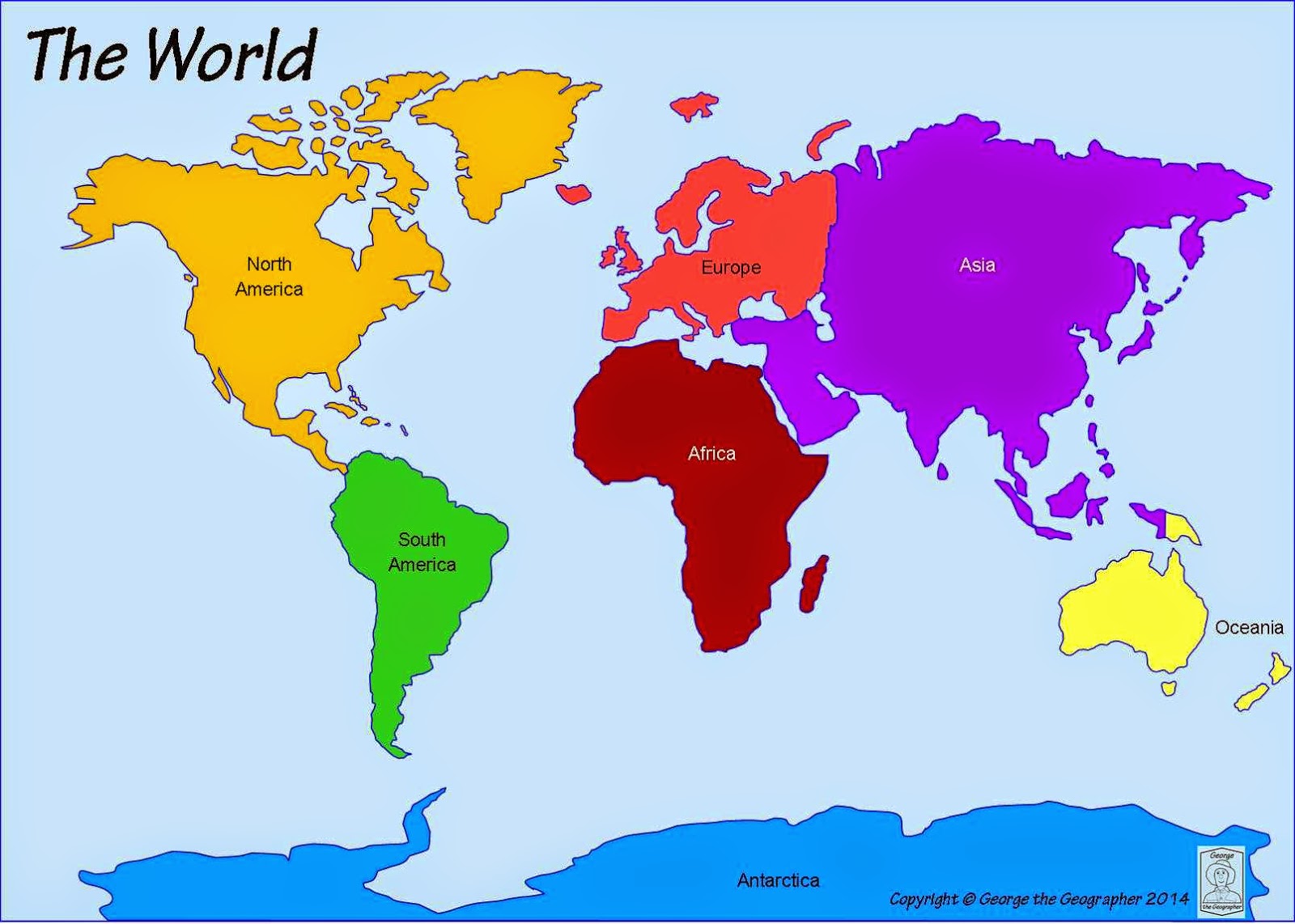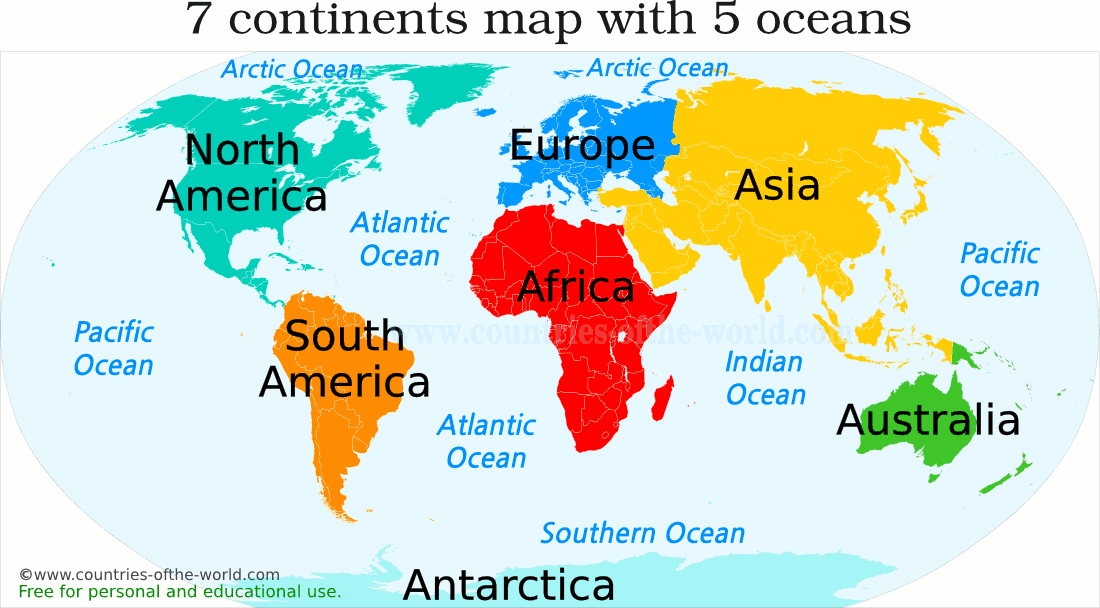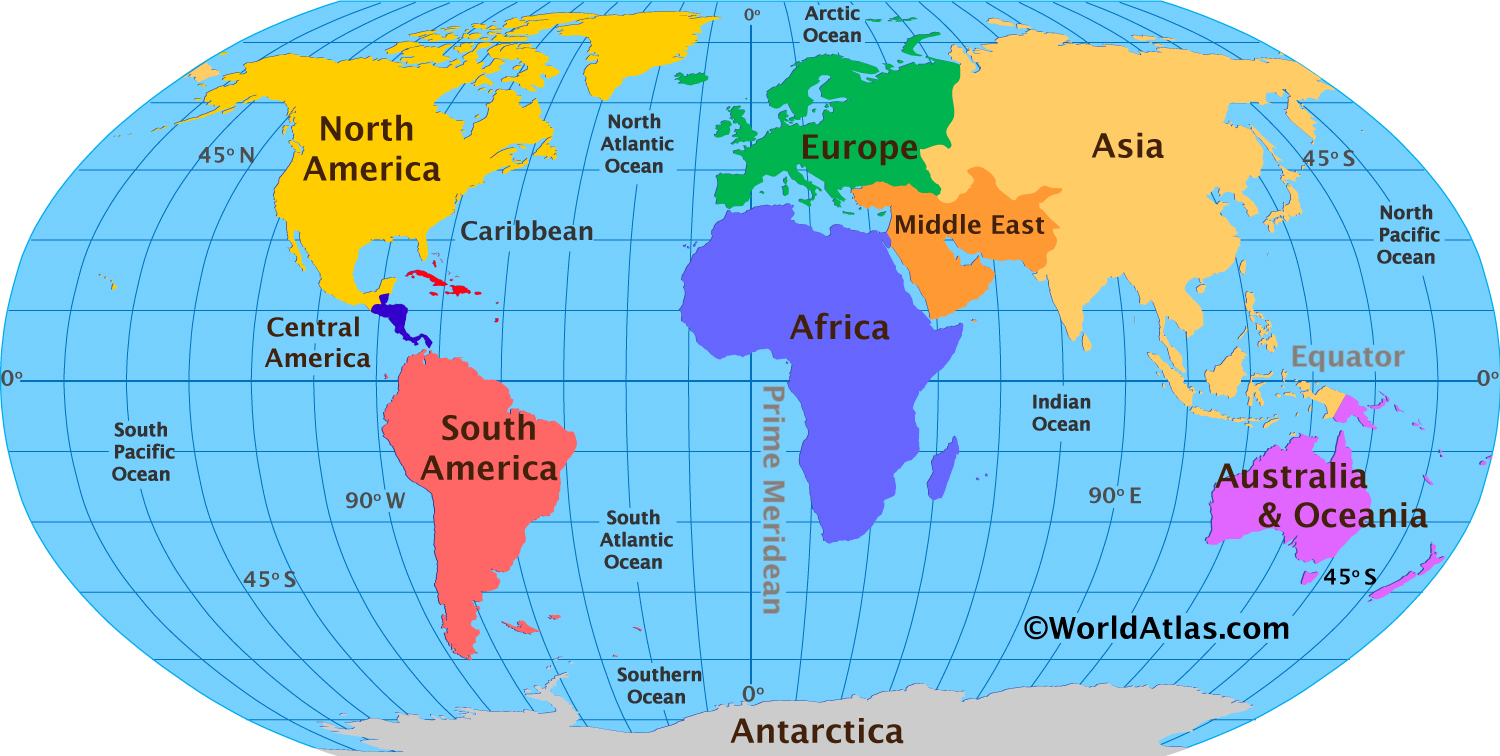Unraveling Jamaica's Continental Home: Is It North America?
## Table of Contents * [The Straight Answer: Jamaica is in North America](#the-straight-answer-jamaica-is-in-north-america) * [Understanding Continents: Geographical vs. Cultural Classifications](#understanding-continents-geographical-vs-cultural-classifications) * [The Geographical Reality: Tectonic Plates and Landmasses](#the-geographical-reality-tectonic-plates-and-landmasses) * [The Caribbean as a Subregion of North America](#the-caribbean-as-a-subregion-of-north-america) * [Jamaica's Place in the Greater Antilles](#jamaicas-place-in-the-greater-antilles) * [Historical Significance of Jamaica's Location](#historical-significance-of-jamaicas-location) * [Cultural Identity: The Vibrant Tapestry of the Caribbean](#cultural-identity-the-vibrant-tapestry-of-the-caribbean) * [Dispelling Common Misconceptions: Jamaica is Not in Africa](#dispelling-common-misconceptions-jamaica-is-not-in-africa) * [Why Does This Matter? The Importance of Geographical Understanding](#why-does-this-matter-the-importance-of-geographical-understanding) * [Exploring Jamaica's Diverse Geography](#exploring-jamaicas-diverse-geography)
## The Straight Answer: Jamaica is in North America To directly address the question of **what continent is Jamaica in**, the definitive answer is North America. Despite its island nation status and separation from the mainland, Jamaica is geographically considered part of the North American continent. This classification extends to all the islands of the Caribbean Sea, including the Greater Antilles and the Lesser Antilles. North America, in its broadest geographical definition, encompasses not only Canada, the United States, and Mexico but also the vast archipelago of the Caribbean. This can sometimes be a point of confusion because when people think of North America, their minds often jump directly to the large landmasses of the U.S., Canada, and Mexico. However, continental boundaries are often defined by more than just contiguous land; they also include associated islands and regions that share geological or historical ties. Jamaica, like its Caribbean neighbors, falls squarely within this broader definition, making it an integral part of the North American continent. Its location, situated in the Caribbean Sea between coordinates 18° 15' N and 77° 30' W, firmly places it within this continental framework. ## Understanding Continents: Geographical vs. Cultural Classifications The complexity around **what continent is Jamaica in** often arises from the interplay between strictly geographical definitions and more fluid cultural or regional classifications. While geographically part of North America, Jamaica is also often regionally classified as part of "the Caribbean" or "the West Indies," based on a shared cultural, historical, and economic identity. Understanding this distinction is key to fully appreciating Jamaica's place in the world. ### The Geographical Reality: Tectonic Plates and Landmasses From a purely geographical standpoint, continents are typically defined by large, continuous landmasses and their associated continental shelves and islands that rest on the same tectonic plate. In Jamaica's case, its formation and location are directly linked to the dynamics of the Earth's crust. Jamaica was formed approximately 25 million years ago when the North American and Caribbean tectonic plates collided. Although it is an island nation, it is considered to be part of the North American plate system, even though it's situated at the boundary with the Caribbean plate. This geological history underpins its classification as part of the North American continent. The Caribbean Sea itself, a large body of water, has coastlines on both North and South America. However, the islands within it, including Jamaica, are universally considered to be part of the North American continental landmass for classification purposes. This geographical reality is a fundamental aspect of understanding where Jamaica truly belongs on the global map, irrespective of its insular nature. ### The Caribbean as a Subregion of North America It's important to recognize that the Caribbean region is not a continent in itself, but rather a distinct subregion of North America. This subregion includes all the countries and territories located in and around the Caribbean Sea. This classification acknowledges the unique characteristics of the islands – their shared colonial histories, diverse ethnic compositions, and vibrant cultural expressions – while still placing them within the larger North American continental framework. So, when you hear someone refer to Jamaica as being "in the Caribbean," they are absolutely correct in a regional and cultural sense. However, when the question is specifically about **what continent is Jamaica in**, the answer remains North America. This dual classification highlights the richness of geographical understanding, where regional identities can exist harmoniously within broader continental definitions. The Caribbean, also known as the West Indies (or *De Caraïben* in Dutch), is a region in the middle of the Americas, centered around the Caribbean Sea in the North Atlantic Ocean. This makes it a distinct, yet integrated, part of the larger American continents. ## Jamaica's Place in the Greater Antilles Jamaica holds a prominent position within the Greater Antilles, a chain of larger islands in the Caribbean Sea. This group includes Cuba, Hispaniola (shared by Haiti and the Dominican Republic), and Puerto Rico. Being part of the Greater Antilles further solidifies Jamaica's geographical context within the North American continent. These islands share geological origins and a common history, often being grouped together for various geographical and statistical purposes. Specifically, Jamaica is located in the Greater Antilles, between coordinates 17° 59' 0 N and 76° 48' 0 W. This precise location, south of Florida (approximately 600 miles or 965 kilometers from Miami), firmly places it within the geographical confines of the North American continent. Understanding Jamaica’s position among these neighboring islands provides crucial context when considering **what continent is Jamaica in**, as it highlights its specific place within the broader Caribbean subregion of North America. ## Historical Significance of Jamaica's Location The geographical location of Jamaica has played a significant, indeed pivotal, role throughout history, particularly in the expansion of European settlements across the Americas. As an island nation, it was a key strategic point for European powers seeking to establish dominance and trade routes in the "New World." Jamaica was notably home to the first indigenous tribe contacted by Christopher Columbus during his voyages to discover the 'New World,' marking its early entry into the annals of global exploration and colonization. Its position in the Caribbean made it an invaluable asset for sugar cultivation, maritime trade, and military control, leading to centuries of colonial rule, primarily under the British Empire. Jamaica became independent from the United Kingdom in 1962. This historical context underscores how its geographical placement, as part of North America's Caribbean subregion, was not merely a matter of classification but a determining factor in its development, its economy, and its people's destiny. The strategic importance of its location continues to influence its international relations and economic ties today, primarily with other North American and Caribbean nations. ## Cultural Identity: The Vibrant Tapestry of the Caribbean While geographically part of North America, Jamaica's cultural and historical ties to the surrounding islands firmly establish it as a key player in the vibrant tapestry of the Caribbean. This cultural identity is perhaps what most people associate with Jamaica, more so than its continental classification. The island's unique blend of African, European, and indigenous influences has forged a distinct culture that resonates globally, particularly through its music, cuisine, and strong sense of community. Reggae music, born in Jamaica, is a powerful symbol of this cultural distinctiveness, carrying messages of peace, love, and resistance worldwide. The island's dialect, Patois, is another testament to its unique cultural evolution. This rich cultural heritage is shared with many other Caribbean islands, creating a sense of regional solidarity that often transcends strict geographical boundaries. So, while from a geographical standpoint, it is considered part of the North American continent, Jamaica is often culturally associated with the broader Caribbean region, a testament to its unique and influential cultural footprint. This dual identity is not a contradiction but rather a reflection of the complex ways in which geography, history, and culture intertwine to define a nation. ## Dispelling Common Misconceptions: Jamaica is Not in Africa One common misconception that occasionally surfaces is the idea that Jamaica might be located in Africa. This is unequivocally false. Jamaica is not a part of Africa. It is firmly situated in the Caribbean Sea, which is part of the North American continent, south of Florida. This misconception might stem from the strong African heritage of a significant portion of Jamaica's population, a legacy of the transatlantic slave trade. While this heritage is a cornerstone of Jamaican identity and culture, it does not dictate its geographical location. Jamaica is part of the Greater Antilles islands in the Caribbean Ocean, a distinct geographical region far removed from the African continent. Understanding this distinction is crucial for accurate geographical literacy and for appreciating the diverse origins and developments of nations around the world. The rich cultural connections to Africa are a testament to the resilience and enduring spirit of its people, but they do not alter the factual answer to **what continent is Jamaica in**. ## Why Does This Matter? The Importance of Geographical Understanding Understanding **what continent is Jamaica in** goes beyond mere academic curiosity. Accurate geographical knowledge has practical implications for various aspects, including: * **Tourism and Travel:** For travelers planning a trip, knowing Jamaica's continental location helps in understanding flight routes, travel times, and even cultural expectations. It clarifies that Jamaica is part of the Americas, distinct from other global regions. * **International Relations and Trade:** A country's continental and regional affiliations often dictate its primary political alliances, trade partners, and economic policies. Jamaica's ties are predominantly with other North American and Caribbean nations, influencing its participation in regional blocs and international agreements. * **Education and General Knowledge:** Correct geographical understanding is a fundamental component of global literacy. Dispelling misconceptions and providing accurate information ensures a more informed populace. * **Understanding Global Dynamics:** The historical role of Jamaica's location in European expansion and its ongoing geopolitical significance can only be fully appreciated with a clear understanding of its continental placement. In essence, knowing where Jamaica truly lies on the global map provides a clearer lens through which to view its history, culture, economy, and its place in the modern world. ## Exploring Jamaica's Diverse Geography Beyond its continental classification, Jamaica itself boasts a remarkably diverse geography for an island nation. It is a mountainous island, with its highest point, Blue Mountain Peak, soaring to 7,402 feet (2,256 meters). This rugged interior contrasts sharply with its stunning coastal plains, pristine beaches, and lush valleys. The island's varied topography supports a rich biodiversity, including unique flora and fauna. The island's geography has also shaped its development, with fertile lands supporting agriculture and its extensive coastline fostering tourism. Its location in the Caribbean Sea provides it with a tropical climate, characterized by warm temperatures and distinct wet and dry seasons. This natural beauty, combined with its vibrant culture and rich history, makes Jamaica a truly captivating destination, firmly anchored in the North American continent yet distinct in its Caribbean allure. ## Conclusion In summary, while Jamaica is undeniably an island nation in the vibrant Caribbean Sea, it is unequivocally part of the North American continent. This classification is based on geographical and geological principles, encompassing all the islands of the Caribbean as a subregion of North America. Understanding this distinction allows for a more complete appreciation of Jamaica's place in the world – a nation that is geographically North American, yet culturally and historically deeply rooted in the unique and dynamic tapestry of the Caribbean. We hope this comprehensive exploration has clarified any questions you had about **what continent is Jamaica in**. Its rich history, captivating culture, and stunning natural beauty are all intertwined with its fascinating geographical position. If you found this article insightful, we encourage you to share it with others who might be curious about Jamaica's continental home. Feel free to leave a comment below with your thoughts or any further questions, and explore more of our articles to deepen your geographical knowledge!
- Fortnite Statuys
- Undress Ai Explore Create With Free Ai Tools
- Saffron Town Center
- Don Luna Photos
- Chive On Hump

Printable Map of the 7 Continents - Free Printable Maps

7 continents of the world and their countries

Labeled World Map with Oceans and Continents